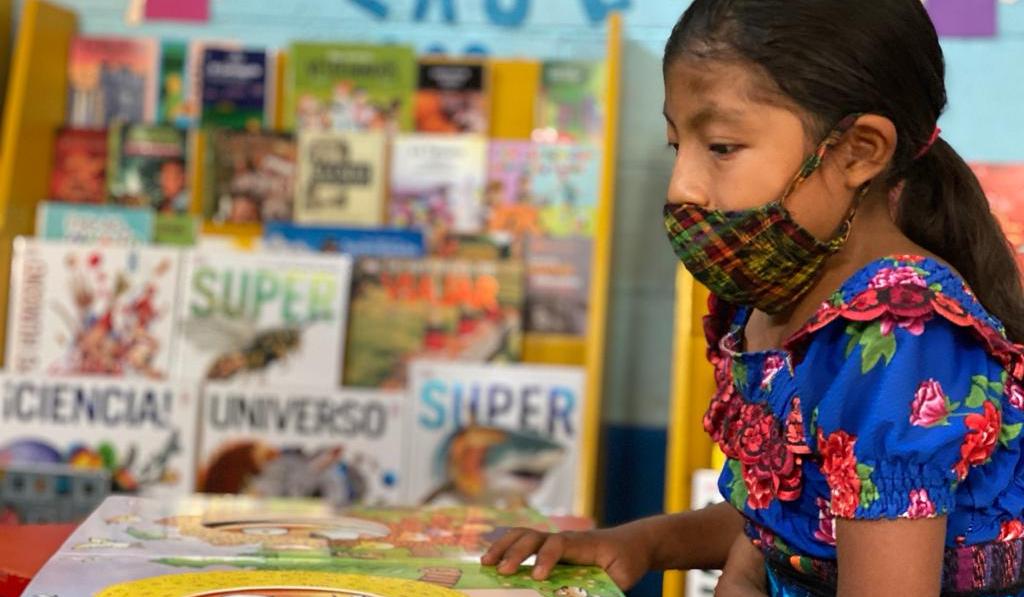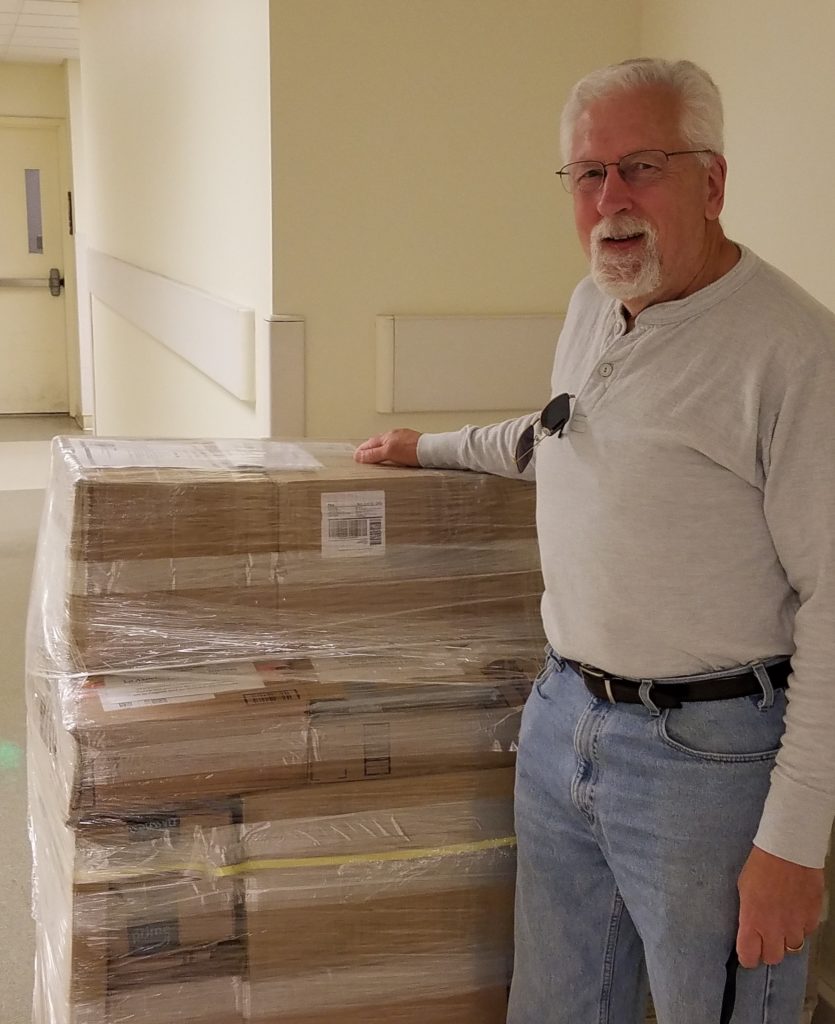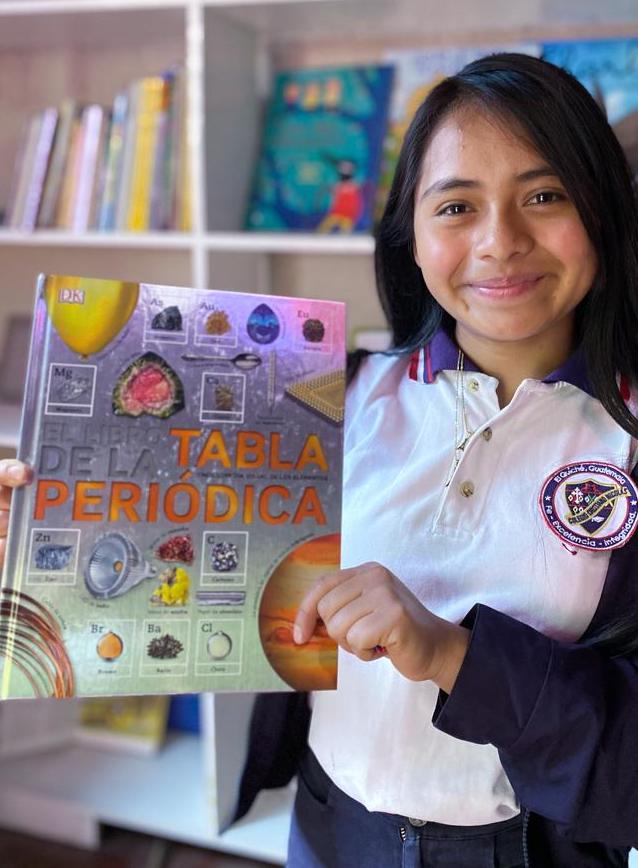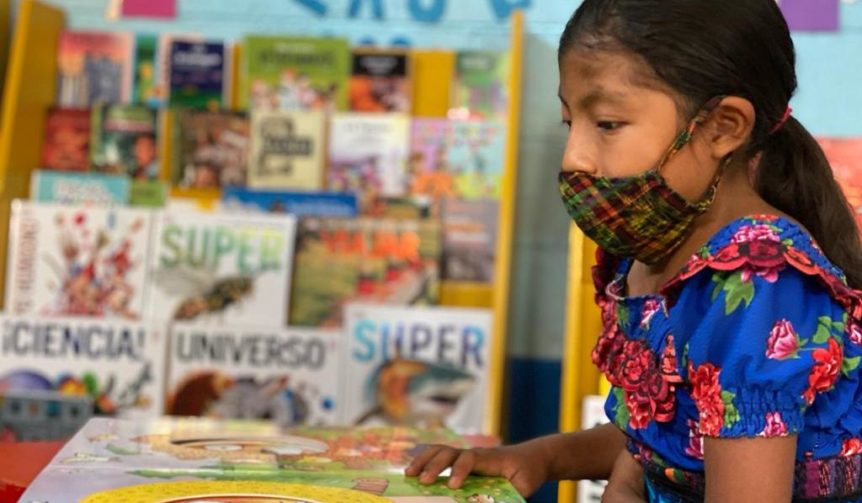
For the most part, Guatemalan schools have been closed since March 14, 2020, because of the coronavirus pandemic. Finding strategies to help elementary, middle, and high students keep learning despite school closures is crucial. Nicolás Fund for Education partnered with nine Ixil region villages to establish village lending libraries between 2020 to 2021. NFE plans to open five more village libraries in 2022.

These libraries have effectively promoted reading in a culture that typically doesn’t read for pleasure. Nicolás Fund for Education’s (NFE) Academic Chair Bill Safström, M.Ed. spearheaded this program with valuable assistance from NFE volunteer Shirley Kinsey. Mr. Safström is a retired high school principal who is currently working at Seattle Pacific University in teacher education. Ms. Kinsey is a retired middle school reading specialist who helped select appropriate books and apply for grants. NFE volunteer Conchita Chinchilla, a Guatemalan, helped find books in Spanish that were available at a Guatemalan book store. NFE’s Education Committee, populated by education specialists from the Puget Sound region and chaired by Mr. Safström, also assisted in book selection and promotion of a book drive to fill the libraries. Mr. Safström assisted in the creation of the Book Donation page on NFE’s website, where donors can select Spanish language books to donate.

A village must donate the space for the library and commit to the ongoing maintenance of the building before establishing a library with help from NFE. The village Education Committee must select and support a village librarian to manage the library. NFE provides a minimum of 200 books to open a library, and we hope to keep adding new books to each library regularly. NFE is seeking book donations at this time to fill the five new libraries we hope to open in 2022.
NFE is also involved in a pilot program placing new technology in libraries called RACHEL (Remote Area Community Hotspot for Education and Learning). RACHEL is a portable, battery-powered device that contains copies of educational websites in an offline format. Because electricity is limited, and internet access is poor to nonexistent in the Ixil region, RACHEL would allow students to research topics using content similar to Wikipedia and to access educational videos from respected sources such as Khan Academy.
Each RACHEL device costs nearly $1000. Thanks to a grant from Bellevue Presbyterian Church, devices are currently being placed in three libraries as part of a pilot project. If successful, more RACHEL devices will be purchased, possibly with assistance from a Rotary Club International Grant.

